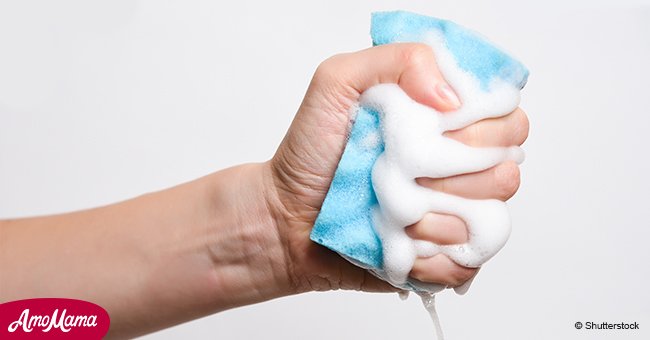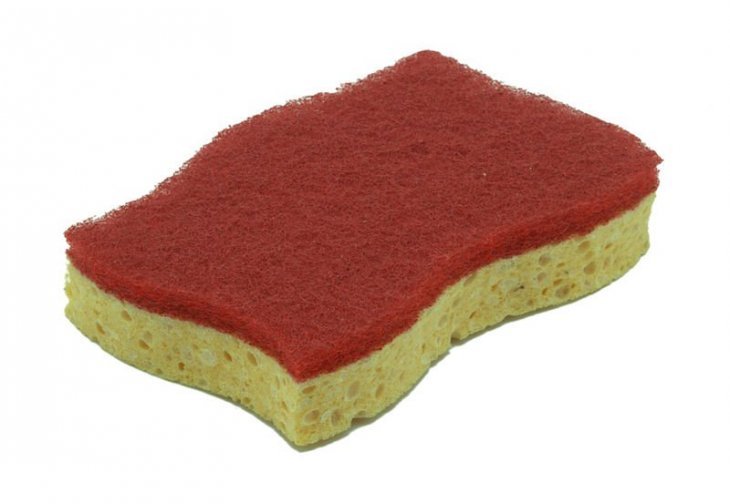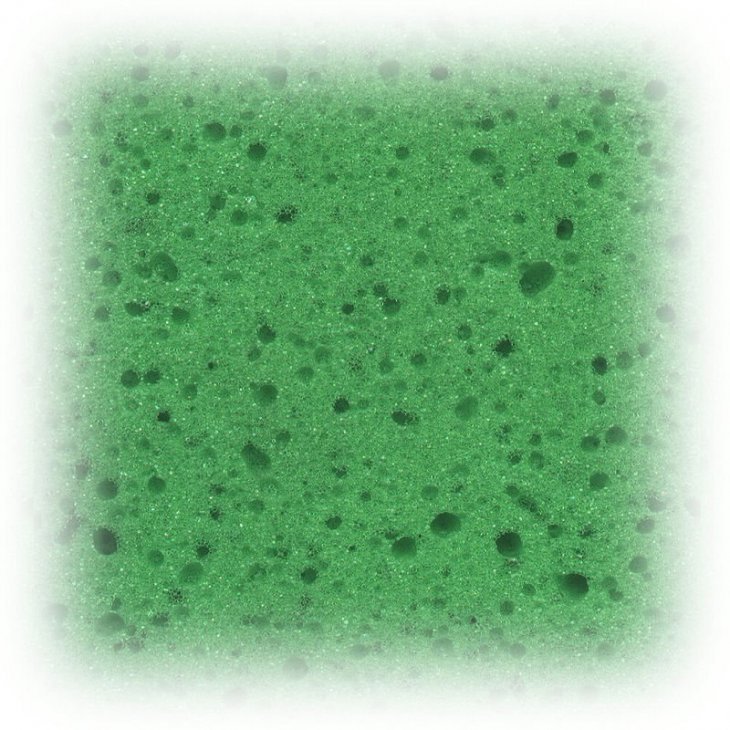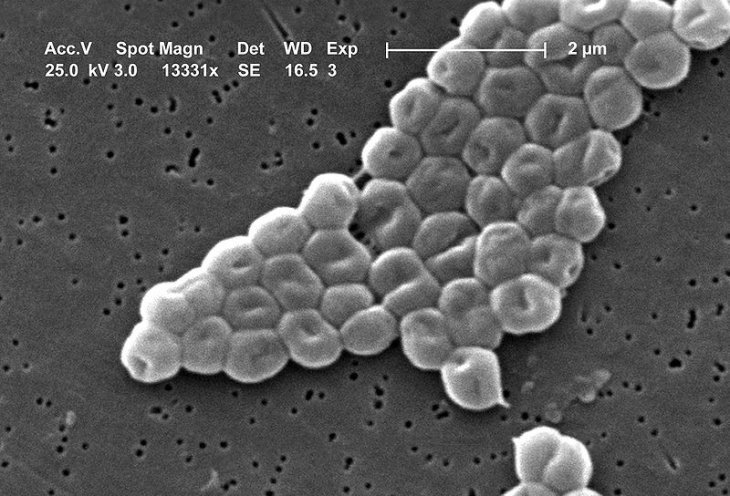
Cleaning sponges at home can have an opposite effect, according to scientific reports
A common household object may be the host of dangerous bacteria
Every kitchen has one, and it may be one of the most dangerous objects in any home, reported Nature.com.
Recent research has revealed that the mundane sponge so popular as a cleaning tool in any household, may in fact function as a "Petrie dish" for various bacteria.
Used kitchen sponges were analyzed and were found to host colonies of Acinetobacter, Moraxella and Chryseobacterium species.
These bacteria are responsible for a wide range of infectious conditions, and their presence in household sponges may place a family's health at serious risk.

Source: Freepiks
One very worrying fact is that regular cleaning of the sponges actually seems to increase the presence of microbes.
According to researches, the distribution of bacteria increases within the sponge tissue, concentrating in internal cavities and on sponge surfaces.
It appears that kitchen sponges become sources of microbiological infection. The sponges allow the collection, propagation, and transference of the bacteria to the objects which are supposedly being cleaned.
Read more hygiene tips on our Twitter account @amomama_usa.

Source: Freepiks
In developed countries, people spend 90% of their time in controlled environments, which ironically provide a broad spectrum of environments that are colonized by a wealth of microbial species which evolved to adapt to these conditions.
These bacteria have a significant impact on human health and well–being ranging from classical infectious diseases, such as foodborne illnesses, and allergies, as well as respiratory infections.

Source: Wikipedia
Investigators have discovered that kitchen environments host more microbes than toilets, and the only part of the house with a denser microbial presence are the drains.
Research has shown that an effective way to sanitize kitchen sponges is to place them in the microwave, or to boil them in water - however methods that are effective in laboratories don't seem to be as efficient in a kitchen scenario.
The consensus is that kitchen sponges not only act as reservoirs of microorganisms but through their use may actually contaminate the surfaces they are used to clean and contaminate foodstuffs.
